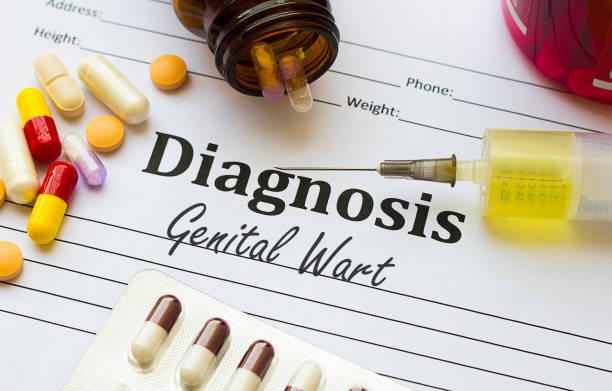How to Prepare for Vaginal Warts Surgery: Tips for a Smooth Recovery

Vaginal warts surgery is a medical procedure often necessary for individuals dealing with persistent or bothersome genital warts caused by the Human Papillomavirus (HPV). While these warts may not always be harmful, they can cause physical discomfort and emotional stress. Surgery becomes a suitable option when topical treatments and less invasive procedures prove ineffective. Preparing both physically and mentally can significantly impact your recovery and long-term well-being. In this guide, we’ll explore essential pre-surgery steps, what to expect during the procedure, and helpful recovery tips—especially when opting for specialized treatments like the HPV BCR method.
Understanding Vaginal Warts Surgery
Vaginal warts surgery involves the removal of warts from the vaginal area using methods such as laser therapy, electrocautery, or excision. The choice of procedure typically depends on the number, size, and location of the warts. Techniques like the HPV BCR method, invented by Dr. Arani, have provided patients with advanced options that target the root of the wart while minimizing tissue damage. Before the surgery, your healthcare provider may perform a physical examination and possibly additional tests to assess the extent of HPV infection. It is essential to discuss your medical history, allergies, or ongoing medications to ensure the procedure's safety and effectiveness.
How to Prepare Before the Surgery
Preparation is key to reducing anxiety and supporting a smooth vaginal warts surgery experience. Begin by following any fasting instructions given by your doctor, especially if general anesthesia will be used. Avoid smoking and alcohol consumption at least 48 hours prior to the surgery, as they may hinder the healing process. Keep the genital area clean but avoid applying any creams, powders, or sprays unless prescribed. Arrange for someone to drive you home post-surgery, as you may feel groggy or tired. If you're undergoing the HPV BCR treatment, follow specific preparation protocols outlined by the medical team to optimize results and minimize discomfort.

Recovery and Aftercare Tips
After vaginal warts surgery, proper aftercare is crucial for healing and avoiding recurrence. Mild discomfort, swelling, or slight bleeding is normal, but these symptoms typically subside within a few days. Refrain from sexual activity for at least two weeks or until cleared by your provider to allow tissue regeneration. Wear breathable cotton underwear and avoid tight-fitting clothing that may irritate the area. Follow the prescribed medication or ointments, and keep the surgical area dry and clean. For patients treated with the HPV BCR method, follow-up visits may be advised to ensure the virus is effectively suppressed and that the treated areas are healing properly.
Conclusion
Preparing for Vaginal warts surgery doesn’t have to be overwhelming. With the right knowledge and pre-surgical care, you can make your experience less stressful and your recovery more manageable. Whether you opt for a conventional approach or a specialized method like HPV BCR, your commitment to preparation and aftercare plays a vital role in achieving lasting relief and a healthy recovery. Always consult your healthcare provider and stay informed to take control of your reproductive health.
- Art
- Causes
- Crafts
- Dance
- Drinks
- Film
- Fitness
- Food
- Games
- Gardening
- Health
- Home
- Literature
- Music
- Networking
- Other
- Party
- Religion
- Shopping
- Sports
- Theater
- Wellness
- IT, Cloud, Software and Technology


